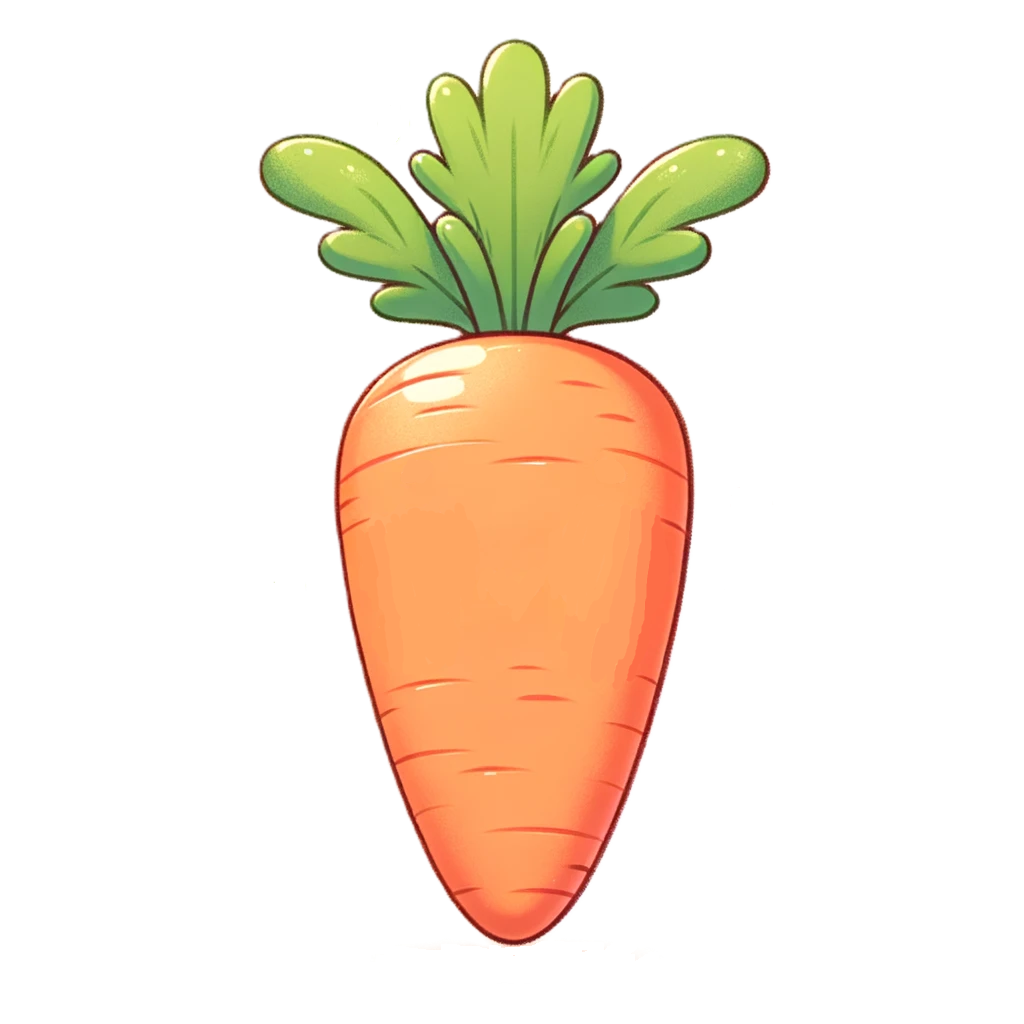
Lionhead: The Maned Breed
Facts at a glance!
Weight: 2.5 to 3.75 pounds
ARBA Accepted Colors:
- Tortoise
- Ruby-Eyed White
- Chocolate
- Seal
- Siamese Sable
- Black
- Smoke Pearl
Introduction
Lionheads are a unique breed known for their striking manes! They are a newer breed and as such are not recognized in as many colors for show as say a Netherland Dwarf, but their breed club, the North American Lionhead Rabbit Club (NALRC) is working on that!
Lionheads are known to have sweet personalities and make great pets.
Read on to learn more about them!
History and Origin
The history of the Lionhead rabbit is a relatively recent one compared to many other rabbit breeds. It originated in Belgium, where a mutation occurred in a litter of kits that resulted in an early version of the mane Lionheads are known for now. Breeders worked together for many generations to create the rabbit with the distinctive mane we know and love today. The precise ancestry of the Lionhead is somewhat uncertain, but it is believed to be a result of crossing various small rabbit breeds, possibly including the Swiss Fox, Belgian Dwarf, Netherland Dwarf and dwarf angoras.
The Lionhead’s unique appearance quickly garnered attention, leading to its recognition as a distinct breed. In 2013, the Lionhead was officially recognized by the American Rabbit Breeder’s Association (ARBA), marking a significant milestone in its development and popularity. Since then, Lionhead rabbits have gained recognition and admiration from breeders and enthusiasts worldwide!
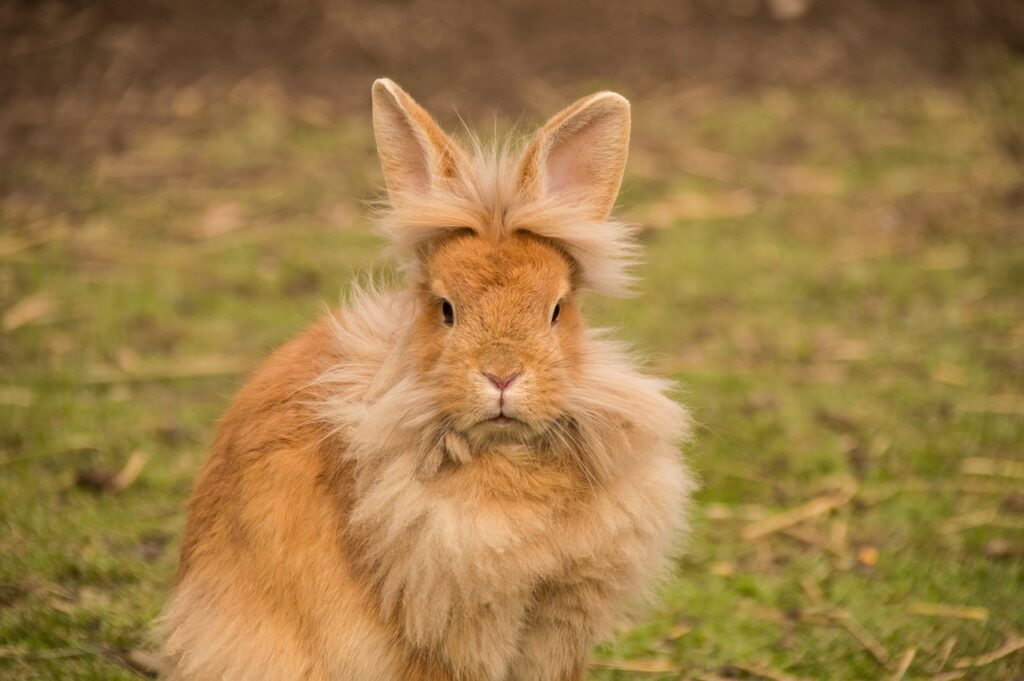
Personality
Lionhead rabbits typically have friendly and outgoing personalities, making them great companions for both experienced rabbit owners and newcomers alike. They are known for their gentle nature and affectionate demeanor, often enjoying cuddling, and interacting with their human companions.
While individual personalities may vary, Lionheads are generally curious, playful, and sociable. They thrive on attention and companionship, so it’s essential to spend quality time bonding with them daily.
Providing plenty of mental stimulation and enrichment, such as toys, tunnels, and opportunities for exploration, can help keep your Lionhead happy and engaged. Check out our guide to rabbit toys here!
Physical Characteristics
The most striking feature of the Lionhead rabbit is, without a doubt, the distinctive mane of fur encircling its head, reminiscent of a lion’s mane. This mane is the breed’s defining trait and can vary in length and density, ranging from a wispy fringe to a lush, mane-like ruff. The fur around the head, neck, and chest is longer and more abundant than the rest of the body, giving the Lionhead its distinctive appearance.
Apart from their mane, Lionhead rabbits exhibit a compact, upright body shape with short, sturdy legs. They typically weigh between 2.5 to 3.75 pounds, making them a small-sized breed. Lionheads come in a wide array of colors and patterns, including solid, broken, and shaded varieties, adding to their visual appeal.
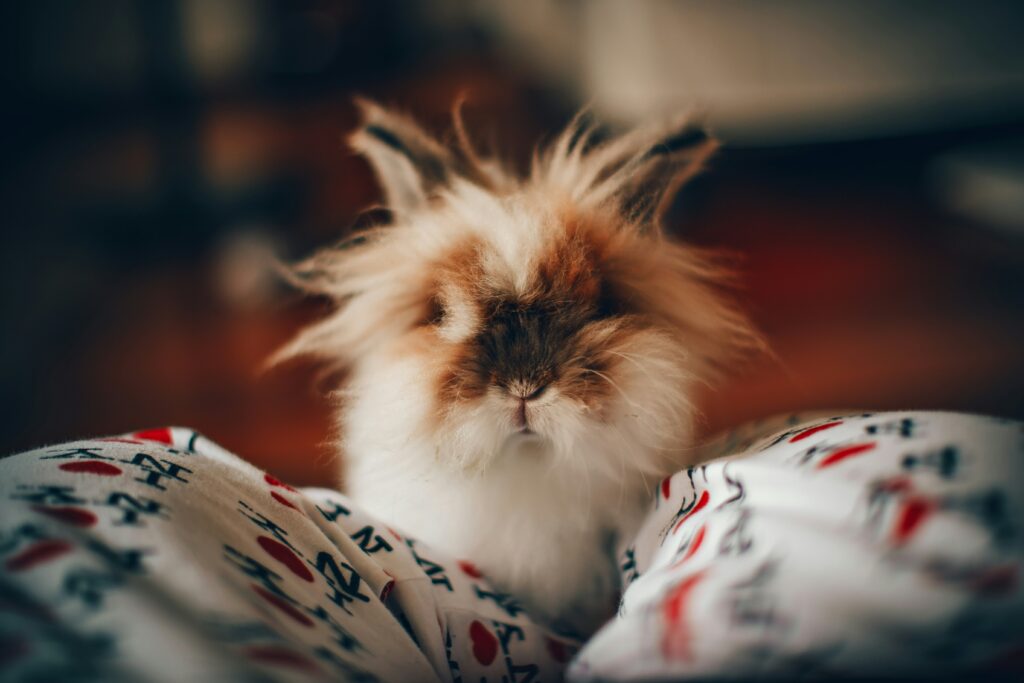
Care and Maintenance
Caring for a Lionhead rabbit involves providing an environment that meets both their physical and mental needs. Here are some essential care requirements to keep in mind:
Housing: Lionhead rabbits can be housed indoors or outdoors, depending on climate and preference. Indoors, they should have a spacious cage or enclosure that allows them to move around comfortably. Ensure that your enclosure has a solid floor component such as a carpet square for your rabbit to rest on, lowering the risk of sore hocks. Outdoor enclosures should be secure and protected from predators, with adequate shelter from the elements.
Diet: A balanced diet is crucial for the health and well-being of Lionhead rabbits. Their diet should consist primarily of high-quality hay, such as Timothy hay, supplemented high quality rabbit pellets and fresh vegetables in small amounts. Fresh water should be available at all times, provided in a clean water bottle or dish.
Grooming: Similar to Angoras, Lionheads require a bit more grooming than other rabbits. Brush them gently with a soft-bristled brush a few times a week to prevent mats from forming in their luxurious manes. Additionally, you should be sure to trim their toenails regularly, every 1 to 2 months. Check out our nail trimming guide here if you are new to trimming toenails!
Exercise: Like all rabbits, Lionheads are active animals that require regular exercise to stay healthy and happy. Providing opportunities for daily exercise outside of their enclosure is essential. This can include supervised playtime in a rabbit-proofed area of the home or a secure outdoor space.
Veterinary Care: Regular veterinary check-ups are great for monitoring the health of Lionheads rabbits and addressing any potential medical issues promptly. They will also be able to provide any necessary vaccinations or spay/neuters.
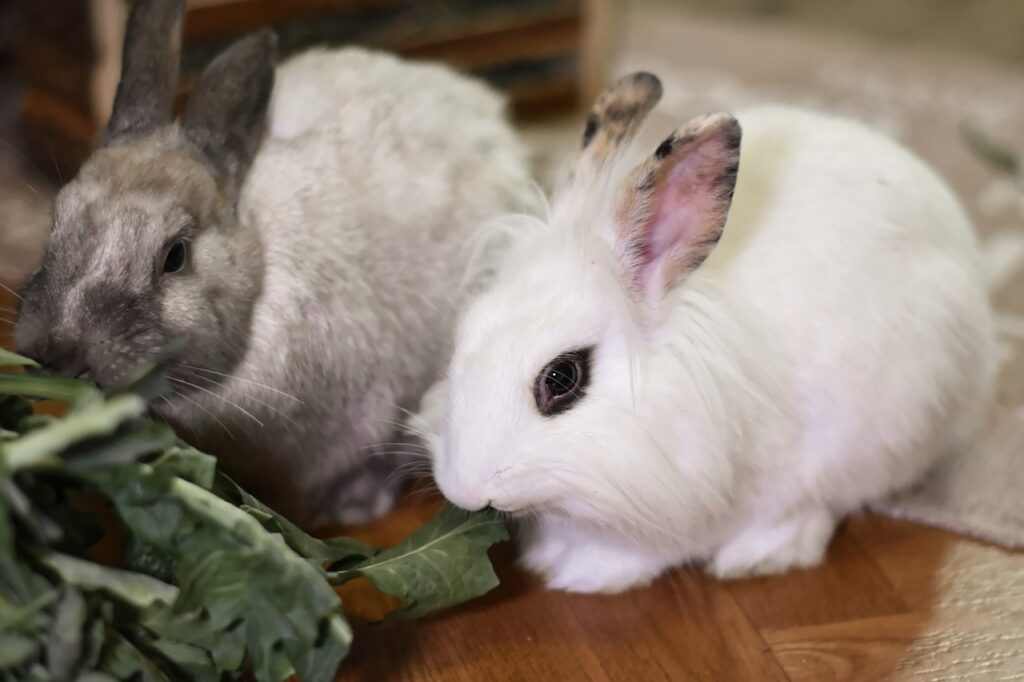
Health Considerations
Lionhead are generally healthy rabbits. Even so, there are still some general health considerations to keep in mind:
- Gastrointestinal Stasis: This condition occurs when a rabbit’s digestive system slows down or stops functioning properly, often due to poor diet, lack of exercise, or stress. Signs include reduced appetite, lethargy, and decreased fecal output. Prompt veterinary attention is crucial to prevent complications.
- Obesity: Lionhead rabbits can become overweight if overfed or given too many high-calorie treats. Monitor their diet closely and ensure they receive regular exercise to maintain a healthy weight!
- Respiratory Issues: Like all rabbits, Lionheads are susceptible to respiratory infections, especially if kept in damp or poorly ventilated environments. Keep their living area clean and dry and seek veterinary care if you notice signs of respiratory distress such as sneezing or labored breathing.
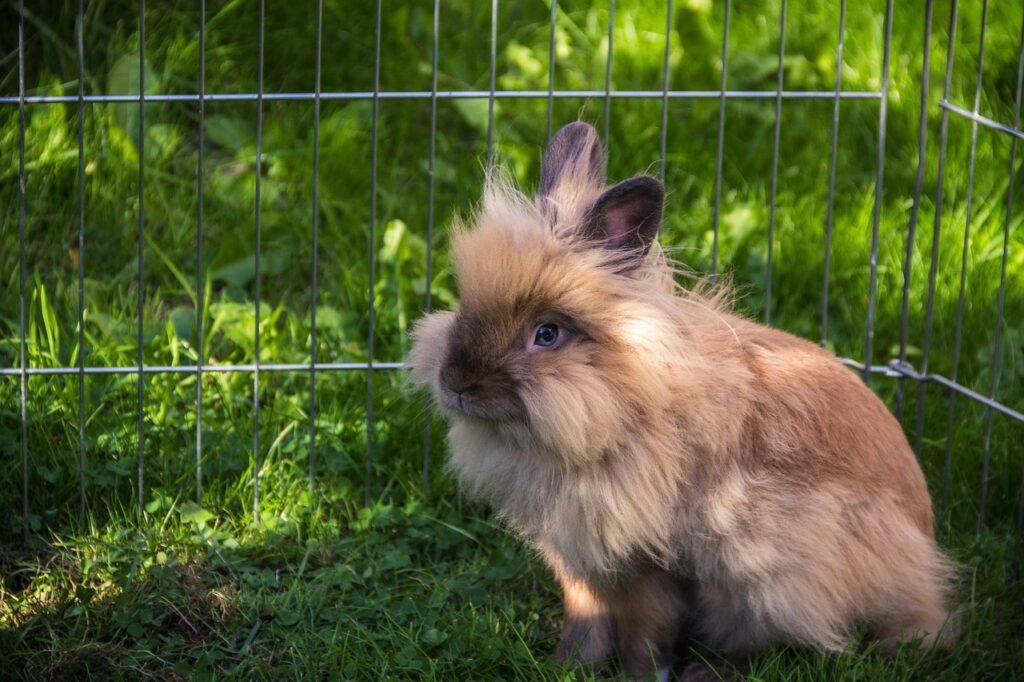
Conclusion
Lionheads are a unique breed known for the long hair around their heads that forms a mane. They are popular, sweet tempered pets and make an exciting challenge as show animals.
Whether you’re an experienced rabbit breeder looking for a new breed to show or a pet parent considering adding a new companion to your family, the Lionhead makes an excellent choice!
Looking for similar breeds?
Check these out!
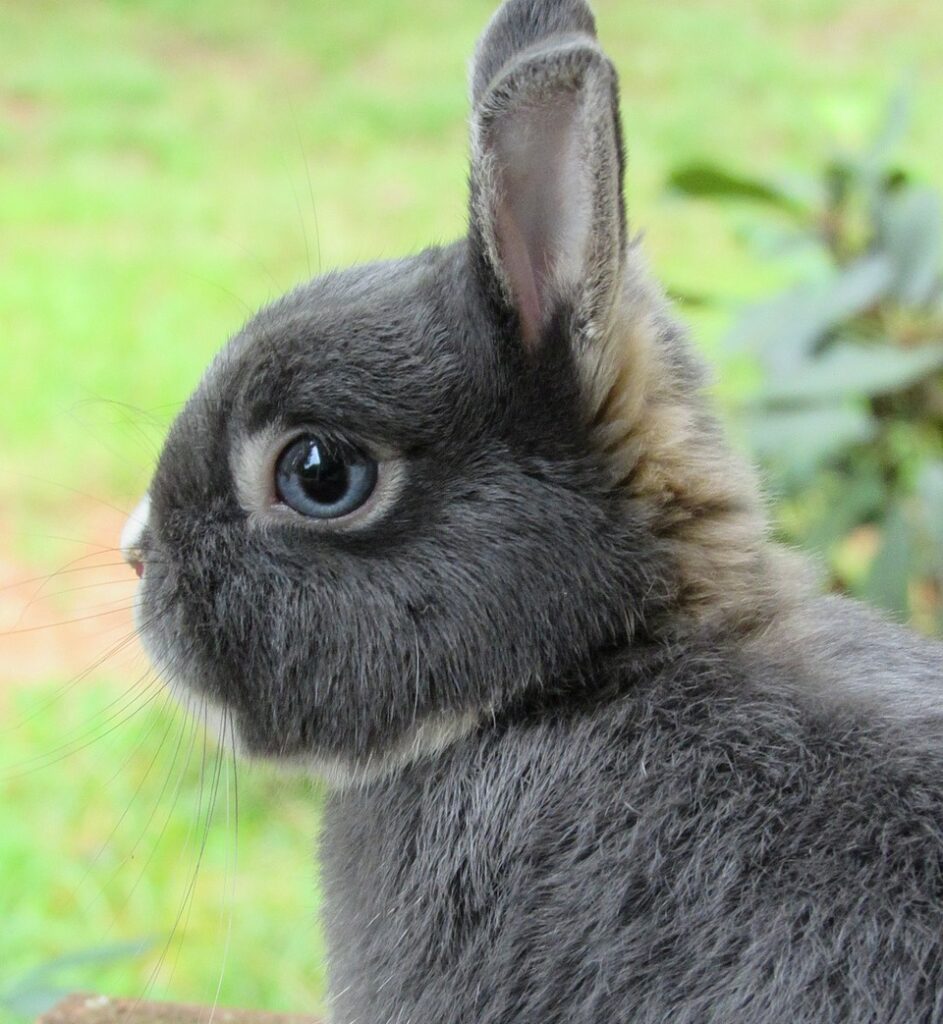
Netherland Dwarf
Netherland Dwarfs are a similar if not slightly smaller sized breed.
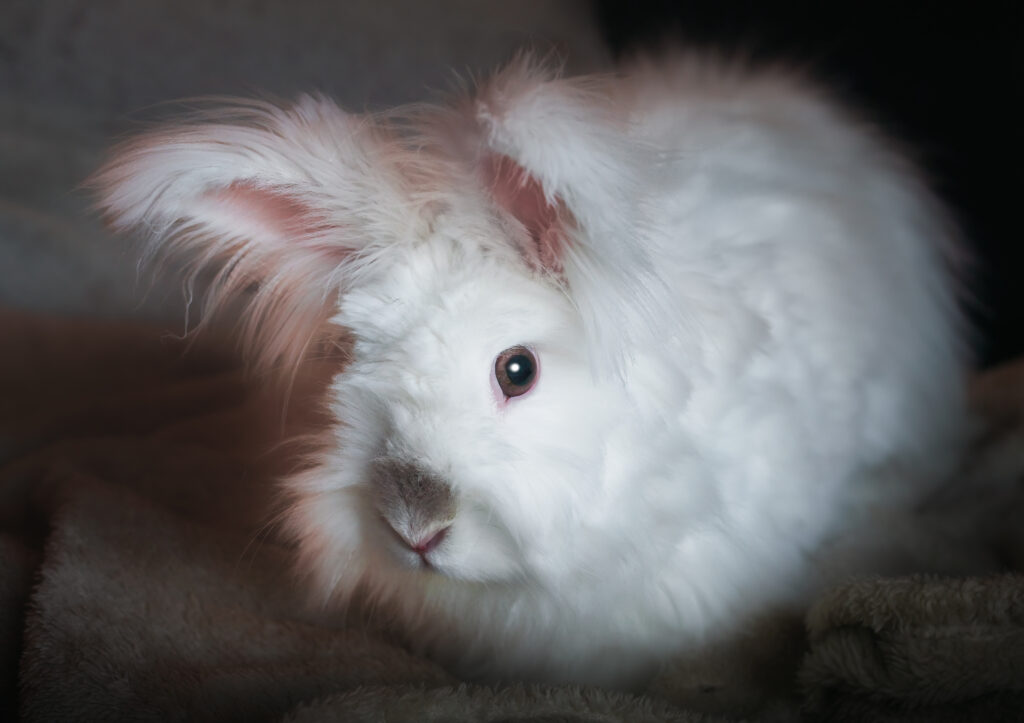
English Angora
English Angoras are a wool breed that share some of the long hair characteristics of the Lionhead.
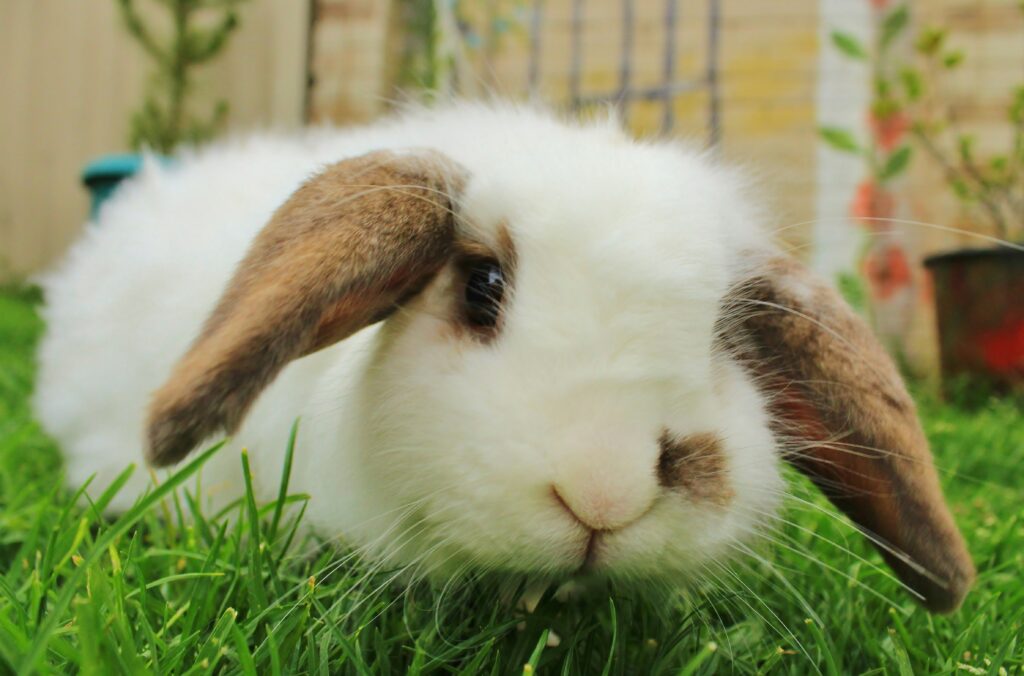
American Fuzzy Lop
American Fuzzy Lops are a similar size to Lionheads and are covered in wool, similar to angoras, with the addition of lop ears!
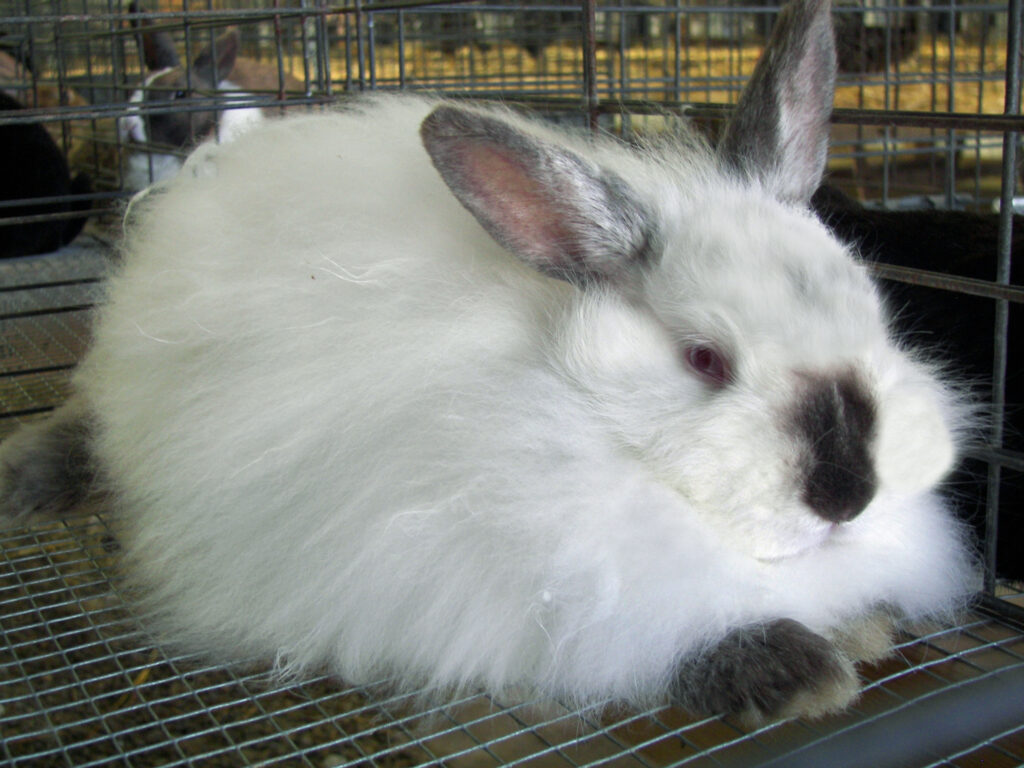
Jersey Wooly
Jersey Woolys are a similar size to the Lionhead and are covered in wool similar to an angora.
Photo Gallery
Enjoy these bonus pictures of Lionheads!
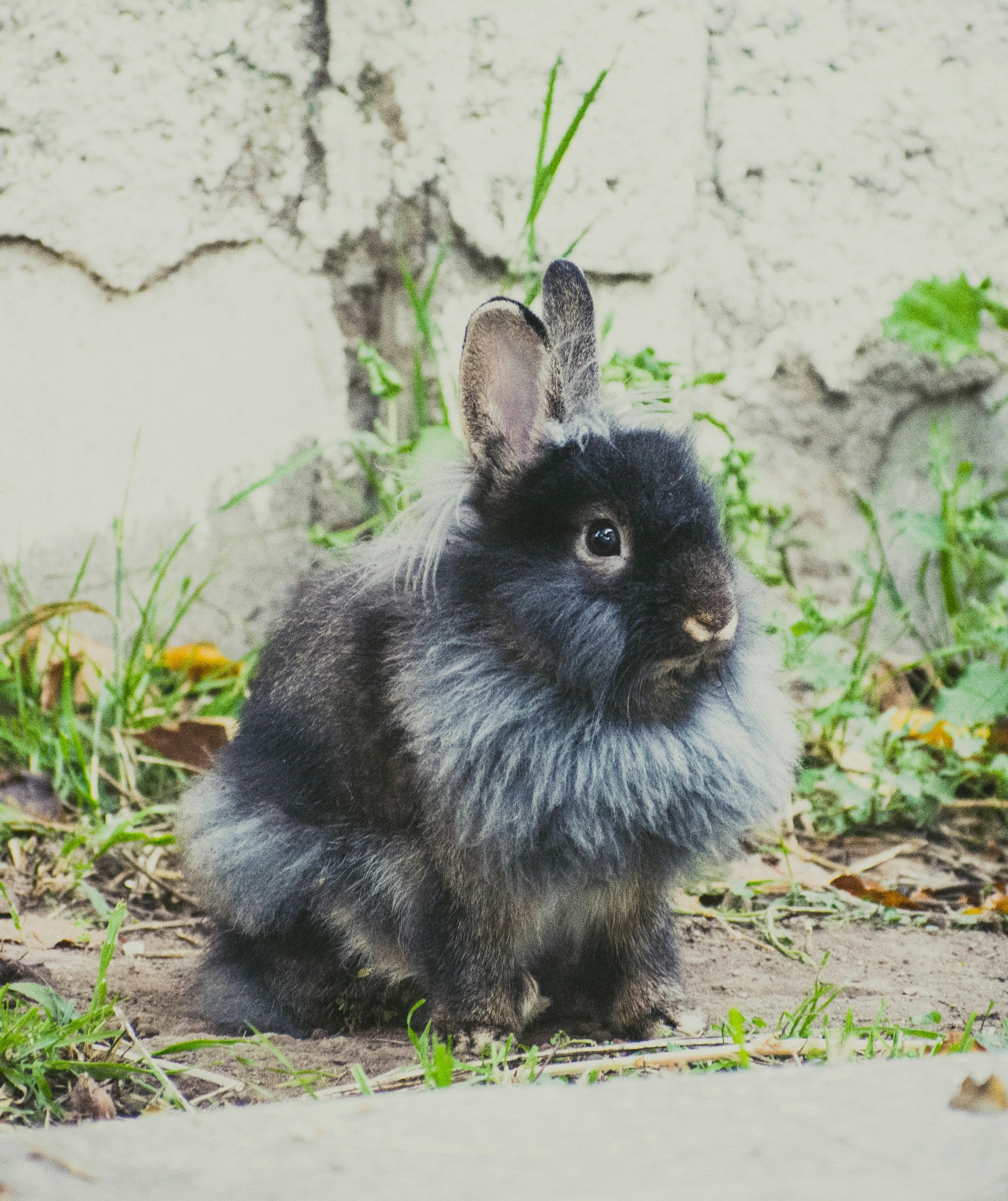
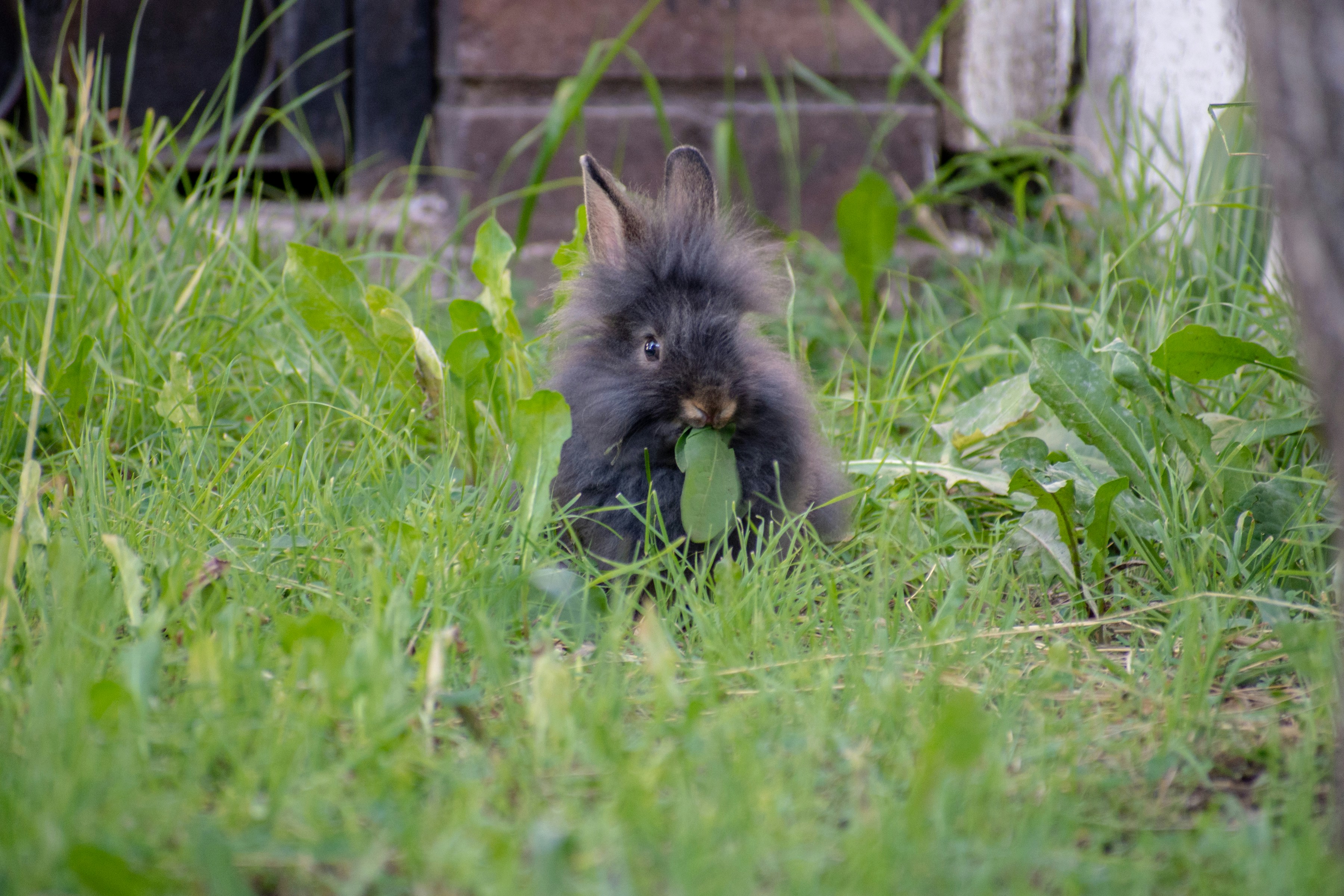
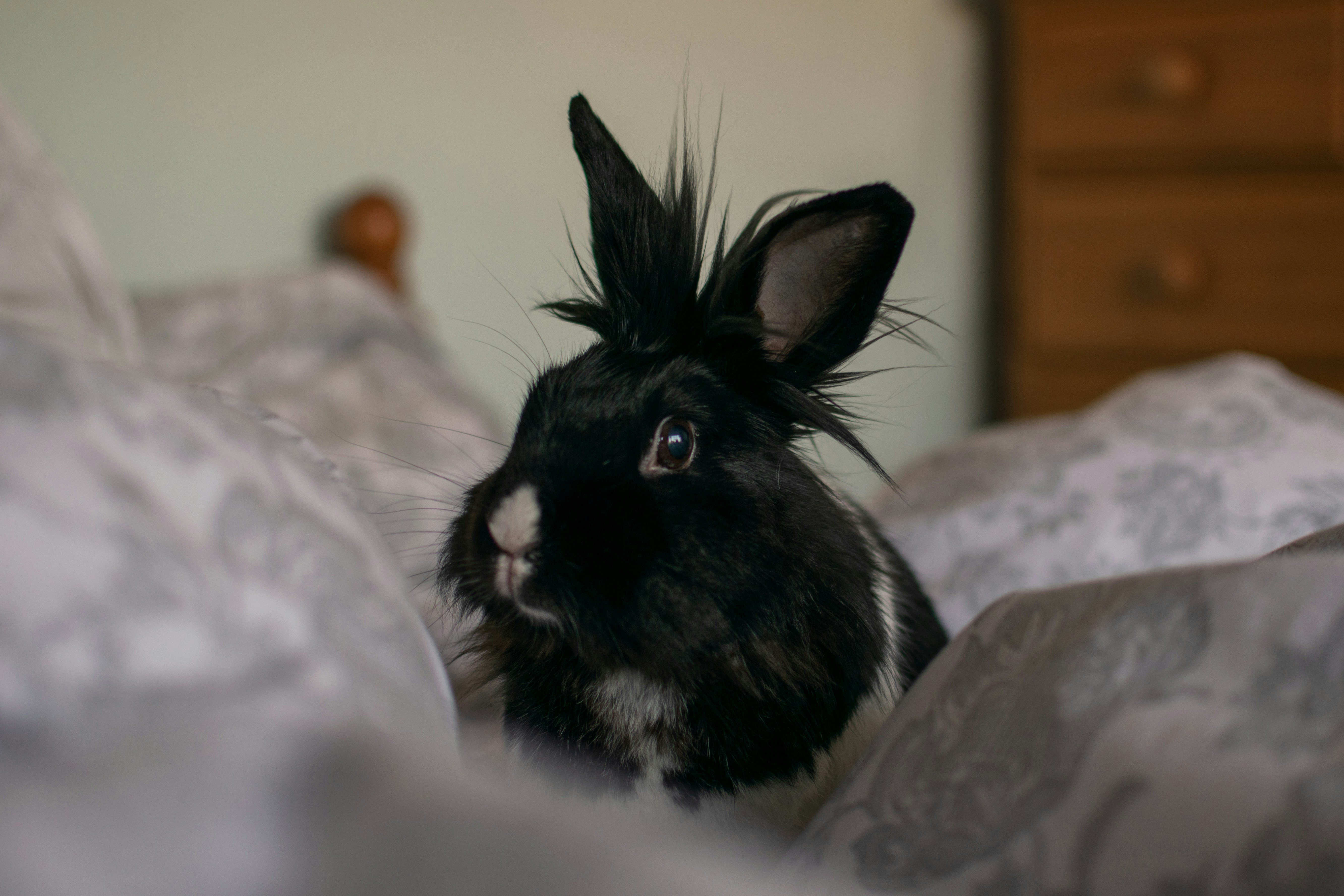
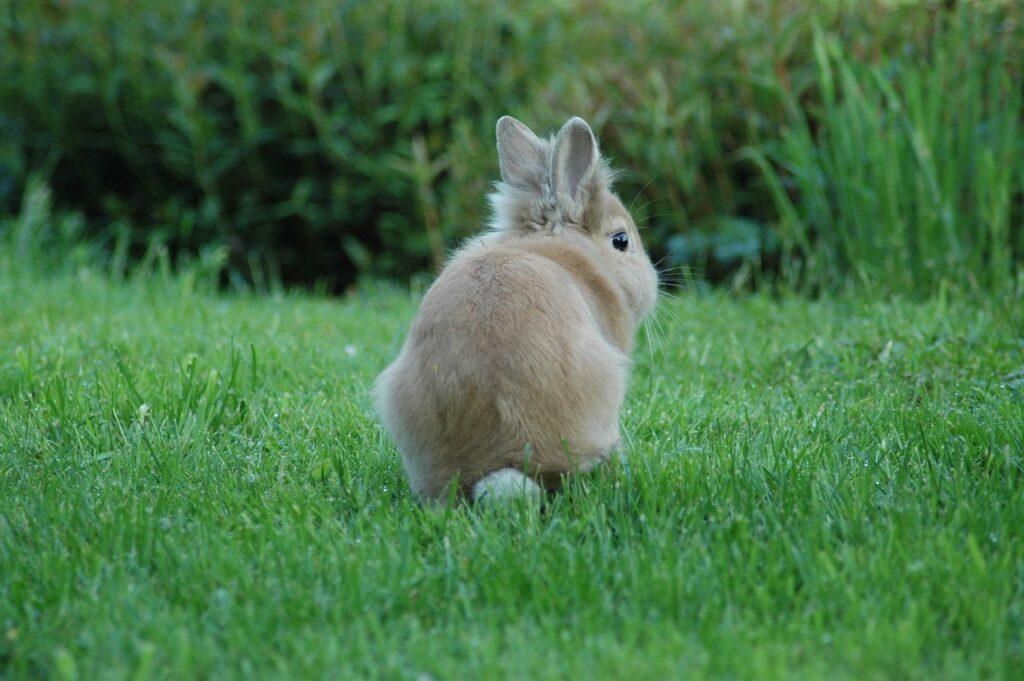
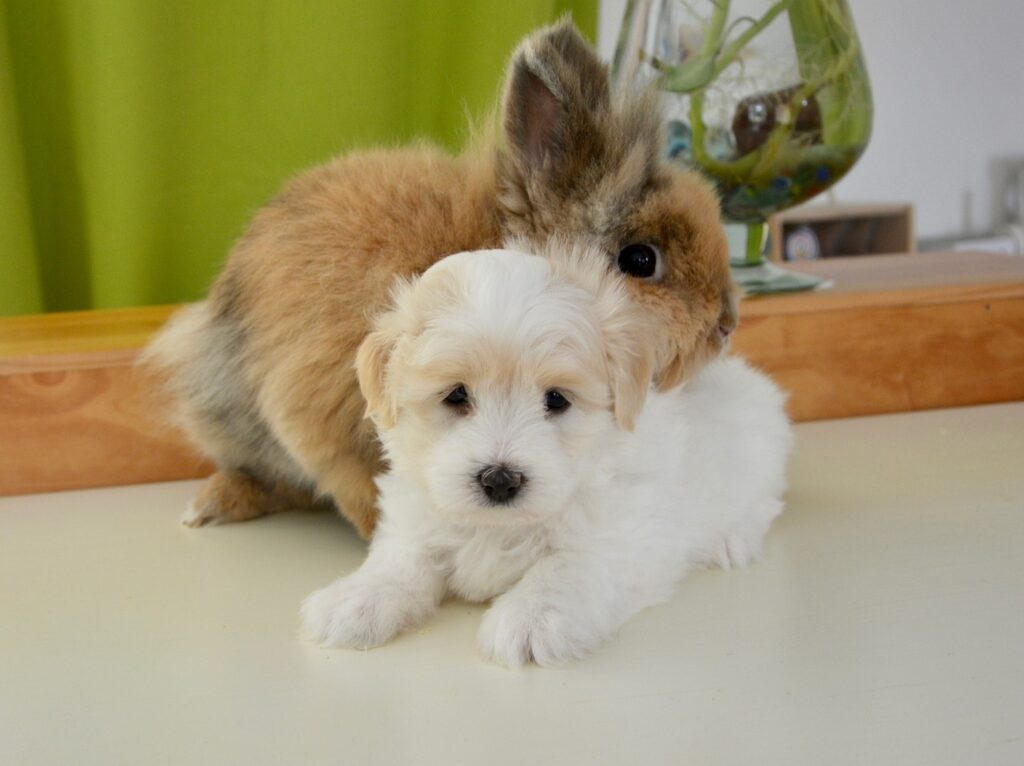
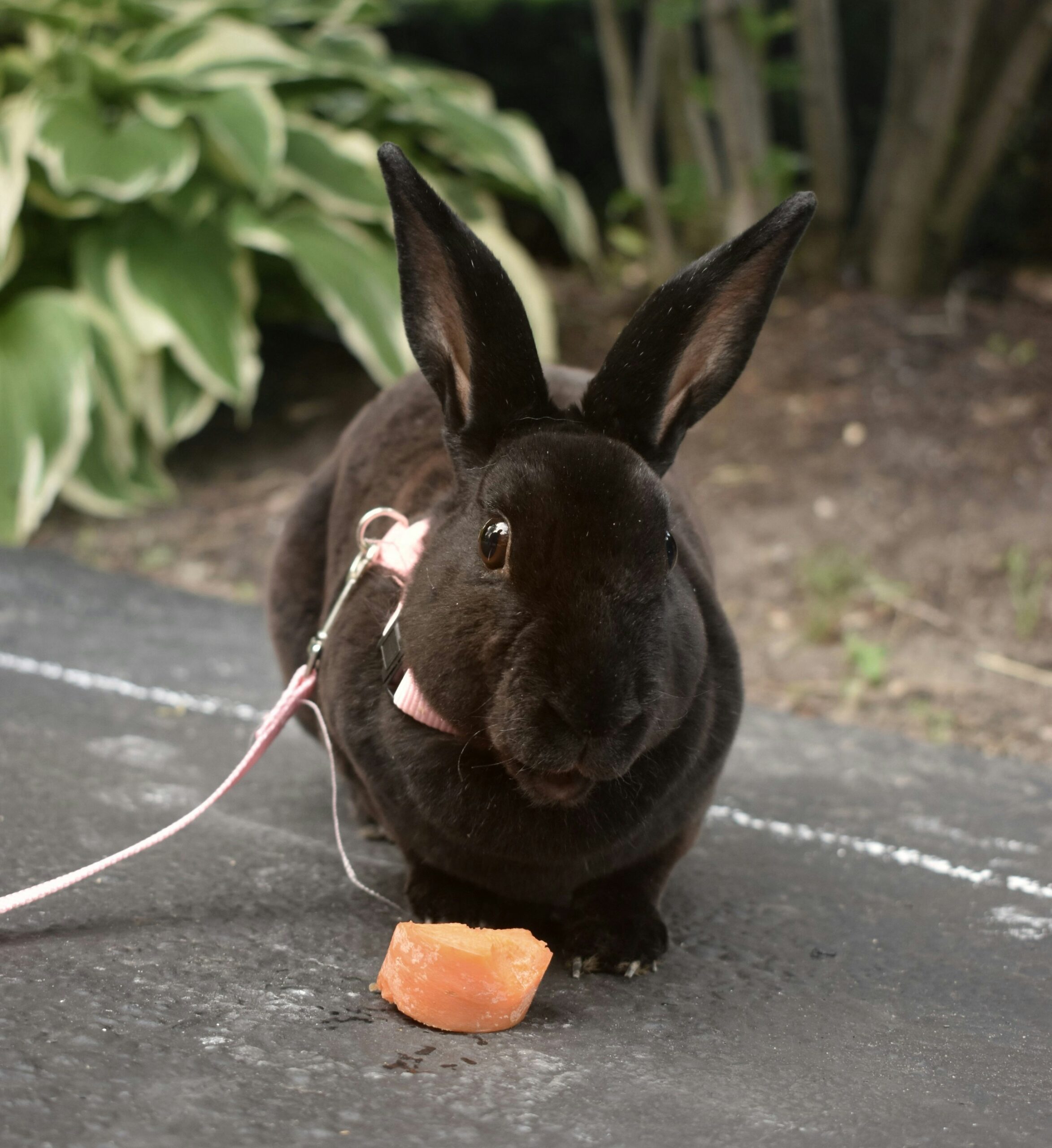
Bunny Bungalow Ranch
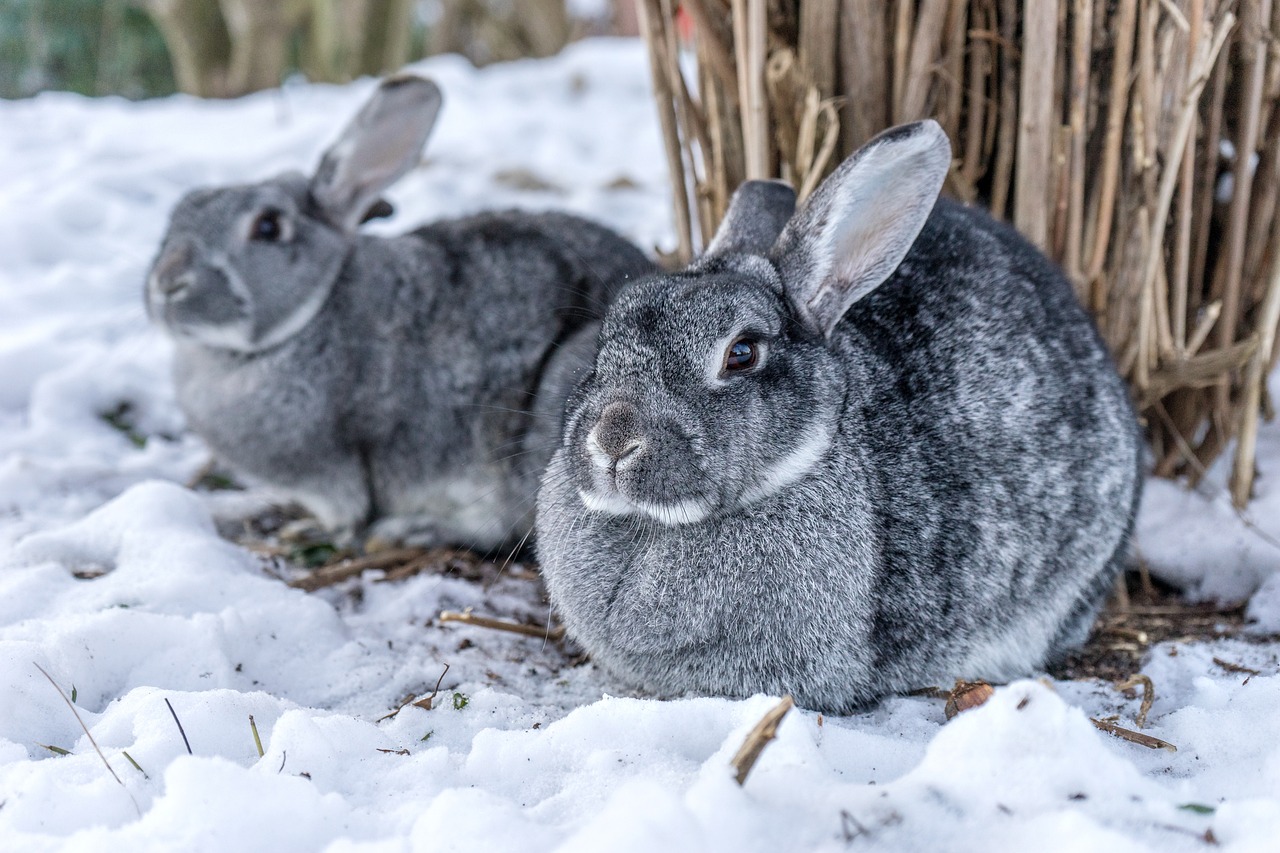
Cotton Tail Corner
See a Picture Missing?
Here at Hutch Happiness we want to showcase YOUR rabbits! If you have a photo of a rabbit you would like to share, reach out to me at Emily@hutchhappiness.com. Along with your rabbit photo we are happy to provide a link to your rabbitry website if available.
